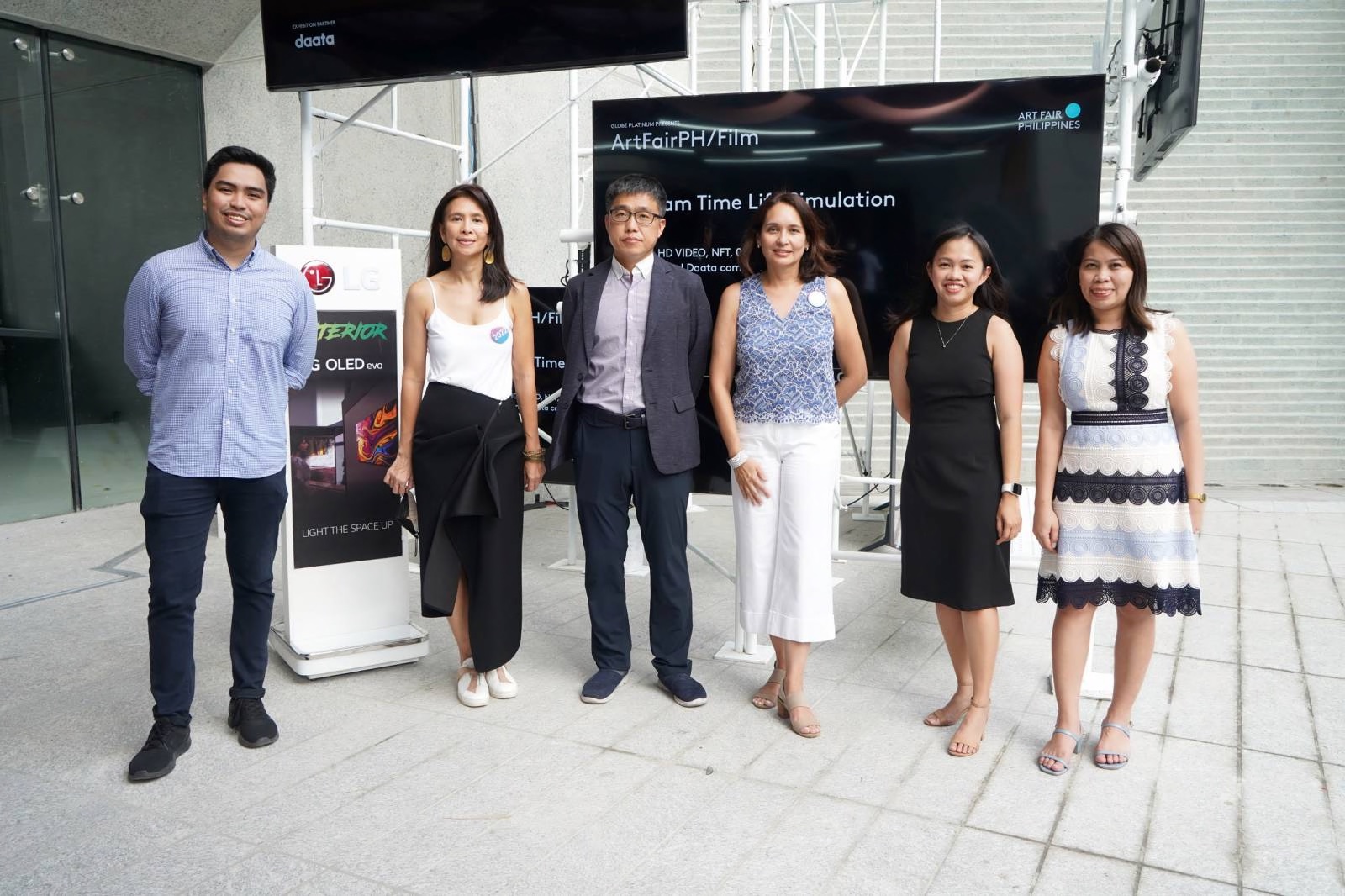Summer is here! And as much as you love getting that perfect tan this summer, we also know you’re looking forward to a cold, refreshing treat to cool you off (because this heat is only acceptable if you’re by the beach).
Bingsu (or bingsoo or bing su) means “shaved ice” (not crushed) that looks and feels as fine as the first snowfall. The ice particles are so small and finely shaved that it instantly melts the moment it hits the tongue.
When bingsu became famous in South Korea roughly three years ago, Guwoon Jung decided to bring this unique and healthy dessert concept to the Philippines. So, after careful planning and delicious experimentation, Jung opened the very first Café Seol Hwa branch on March 2015 at Century City Mall in Poblacion, Makati.
According to Jung, “seol hwa” means “snow flower,” which is their way of branding their beautiful and delicious dessert creations.
In their very first media interview, Jung told Expat about the challenges of starting a business in the Philippines, and how thankful she was for the help of her husband (who also owns a coffee shop in Metro Manila) and employees.
Through her manager-on-duty and translator Daniel Choi, Jung shared that her Filipino staff members willingly helped her take care of the necessary requirements for the business, even when it comes to English translations. For Jung, she found Filipinos to be “very kind” and “bright,” always displaying a positive attitude towards life.

For Jung and Choi, the success of Café Seol Hwa is rooted in two major differences of their bingsu compared to other bingsu desserts and even the Filipino halo-halo. First, every component in Café Seol Hwa’s bingsu are either naturally grown (fruits, nuts) or handmade by Jung herself. Second, the variety of toppings offered at Café Seol Hwa is extensive, which means they can cater to all sorts of diners—from fruit lovers to chocoholics and even lacto-vegetarians.
Another major difference between Café Seol Hwa’s bingsu and the Pinoy halo-halo is the ice. Café Seol Hwa uses milk-flavored ice to produce finely shaved milky particles as the base of their bingsu, as opposed to the usual water/ice-based halo-halo.
Aside from said differences, Choi pointed out a very important concept behind the establishment
of Café Seol Hwa.
“Our purpose is to provide a comfortable place [where people can interact] while enjoying good food,” Choi told Expat. “We always say that we serve cold desserts with warm hearts.”
If you’re planning to drop by Café Seol Hwa (as you should), make sure to try their best-selling Mango Cheesecake Bingsu (yes, Jung made the creamy cheesecake with just the right amount of sweetness and saltiness), Berry Cheesecake Bingsu (yes, that lip-smacking blueberry whipped cream is homemade, too), and the Brownie Bingsu (yes, she made the irresistibly fudgy brownies, too).

Diners are also encouraged to try their Dduk Bok Gi (or tteokbuki) with a twist. Dduk bok gi is a popular Korean dish made of sweet and chewy rice cakes swimming in a spicy red sauce, but for that Café Seol Hwa twist, they added ramen noodles to make the dish a bit more substantial and filling. Guests can choose from two levels of hotness: Gochujang, which is recommended for those who are not used to eating spicy fare (but take note: it still packs quite a chili punch!); and Yeobgi, which is, as they say, “Korean spicy.” According to Choi and Jung, yeobgi dduk bok gi is about three to four times spicier than gochujang.

When asked why many Koreans are very fond of spicy food, Choi explained, “Us Koreans, we believe that when we sweat, our stress is also released. Eating spicy food is [our way to de-stress].”
Today, Café Seol Hwa has branches in Century City Mall, BF Homes in Parañaque City, Solenad Mall in Nuvali in Sta. Rosa, Laguna, and Bonifacio Global City in Taguig. They are also busy with their plans of opening their fifth branch at McKinley Hill.
Also, look out for the upcoming additions to Café Seol Hwa’s menu, featuring cake-based dessert—Jung’s way of saying “thank you” to the Philippines for making her so “happy.”
By CHING DEE
Café Seol Hwa: Serving ‘cold desserts with warm hearts’
Published on May 1, 2016
This post was last updated on March 26th, 2020 at 03:00 pm







